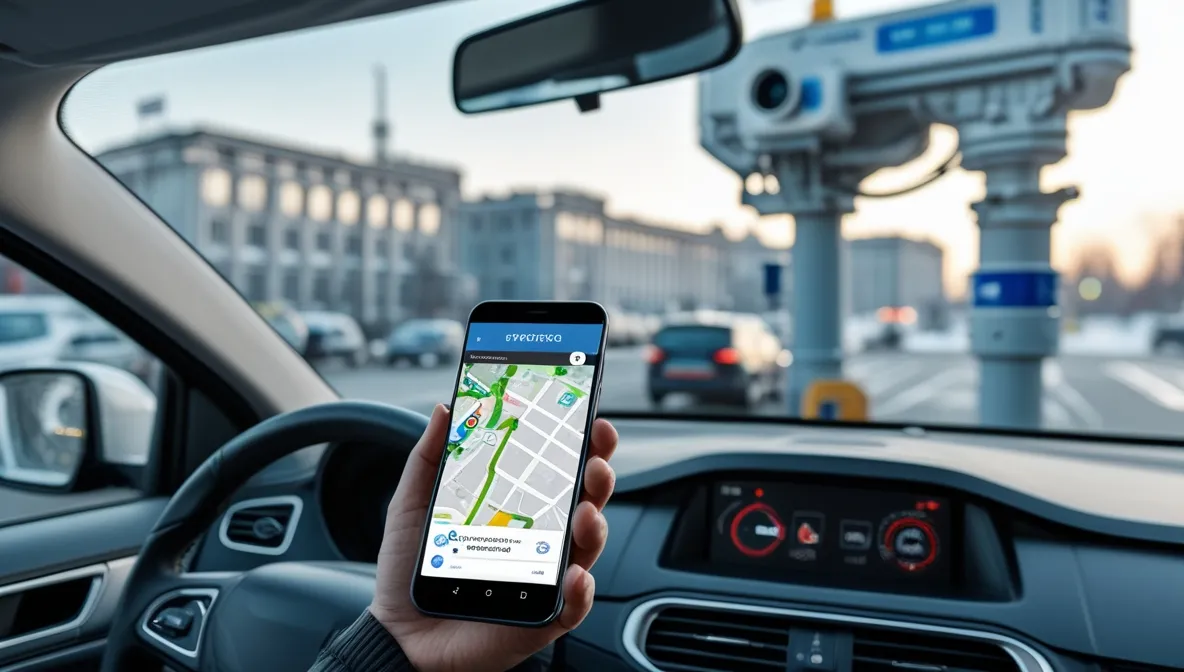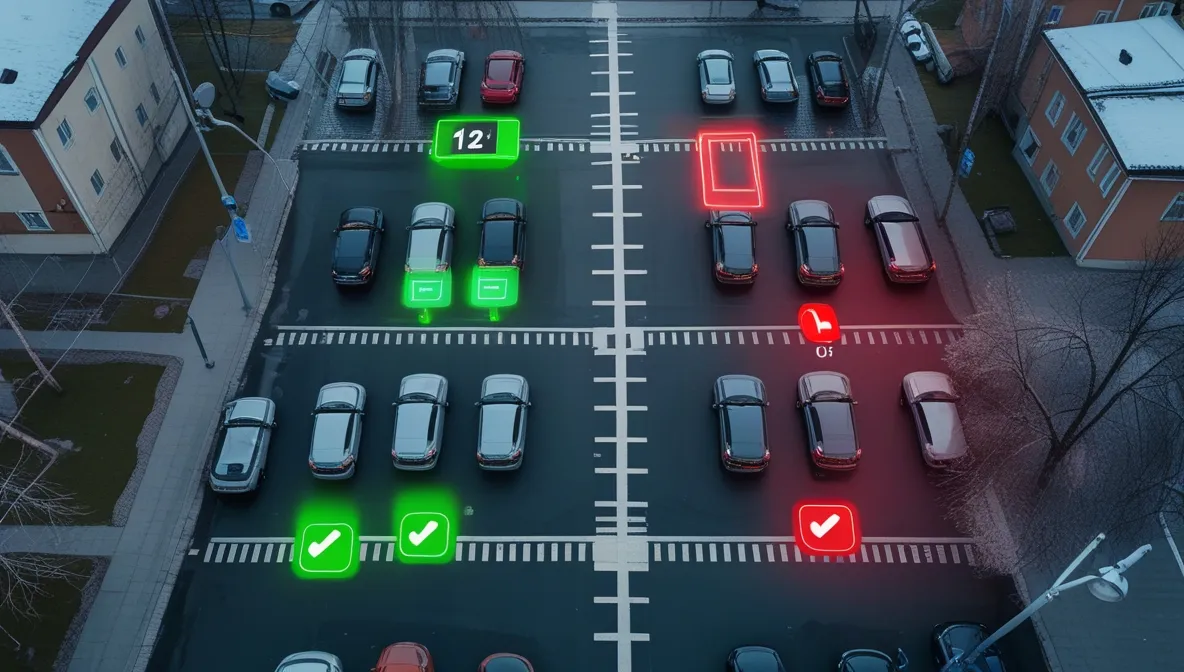Smart Cities Start with Parking: Chelyabinsk Launches a Digital Ecosystem for Drivers
Urban parking remains one of the most frustrating challenges for modern cities. Time wasted searching for a spot and the chaos of disorganized parking are familiar to any driver. Chelyabinsk, a major industrial hub in Russia, has decided to tackle the problem at its core — through digital transformation.

A Space for Comfort
A new contract between the city and Urban Technologies LLC — part of Rosatom’s Infrastructure Solutions division — marks a major milestone in Chelyabinsk’s smart city development.
This initiative goes far beyond painting lines or putting up signs. It represents a full-fledged digital ecosystem designed to make urban parking more efficient, transparent, and sustainable.

At its core are hardware and software systems equipped with photo and video sensors that monitor parking occupancy and rule compliance. Drivers will gain access to a user-friendly mobile app and web portal, where they can see available spots in real time, pay remotely, and receive updates about parking regulations.
Unlike earlier pilot programs in other cities, Chelyabinsk’s system will be built entirely on Russian-made software and hardware — a move that underscores the country’s growing focus on technological sovereignty and self-reliance.
Smart Parking, Smarter Cities
According to Discovery Research Group, by the end of 2023 there were about 193,000 paid parking spaces across Russian cities, nearly half of them in Moscow. But the number of vehicles has already far exceeded available capacity, driving interest in smart parking technologies.
Chelyabinsk’s project could serve as a national model, helping standardize solutions and reduce costs for municipalities across the country. In the near future, the system could expand well beyond payment services. Planned integrations include public transit systems, navigation apps that guide users directly to open spaces, and data analytics platforms for managing urban mobility. For residents, new features may include notifications about newly available spots, reservation capabilities, and long-term rental options.

These innovations could also find international applications, particularly in regions such as the Middle East, the CIS, and Africa — where rapid urbanization and limited infrastructure make smart mobility solutions increasingly essential.
A Cornerstone of Urban Planning
Rosatom has long been developing non-nuclear businesses aimed at solving practical challenges in Russia’s infrastructure. Within the broader Smart City program, its digital solutions have already resolved over 15,000 citizen-reported issues nationwide.

The company’s intelligent parking management systems are now in use in more than 10 cities, including Belgorod, Novosibirsk, and Yekaterinburg. The Chelyabinsk initiative represents more than a technical upgrade — it’s a leap toward a data-driven model of urban management that prioritizes livability, environmental impact, and efficient land use. By relying on domestic technology, the project not only strengthens Russia’s digital independence but also supports local developers and manufacturers.










































